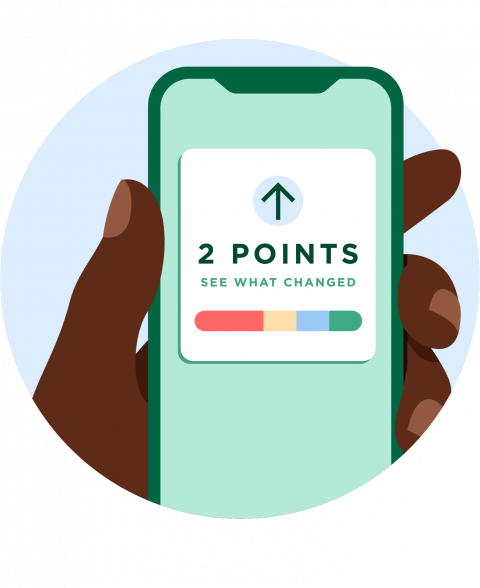What Is the Highest Credit Score? Can You Get a ‘Perfect’ Score?

Many or all of the products featured here are from our partners who compensate us. This influences which products we write about and where and how the product appears on a page. However, this does not influence our evaluations. Our opinions are our own. Here is a list of our partners and here's how we make money.
The highest credit score you can have on the most widely used scales is an 850. For common versions of FICO and VantageScore, the scale ranges from 300 to 850 and lenders typically consider anything above 720 excellent credit.
Even if you succeed in getting the highest credit score possible, you're unlikely to keep it month after month. Scores fluctuate because they are a snapshot of your credit profile, which changes over time.
The widely-used FICO 8 scoring model and the VantageScore 3.0 are both on a 300-850 scale. Credit scoring company FICO says about 1% of its scores reach 850. VantageScore spokesman Jeff Richardson says fewer than 1% of its credit scores are perfect.
The way people get perfect scores is by practicing good credit habits consistently and for a long time. As you might expect, older consumers are more likely to have high scores than younger ones.
But scores fluctuate because they are a snapshot of your credit profile. Even if you succeed in getting the highest credit score, you’re unlikely to keep it month after month.

An excellent credit score is good enough
You don't need a perfect credit score to get the best deals. A score of 720 or higher is generally considered excellent. And scoring 800 or above qualifies you for the best terms offered.
That’s pretty great news if you aspire to get into the group of people who have top-tier credit but you don’t want to obsess over every single point in an effort to get the highest score possible.
What people who score 800 or higher do
According to FICO, those who achieve ultra-high credit scores pay on time, use credit lightly, have a long credit history and rarely open a new account. Here’s what they tend to have in common:
A credit history of about 25 years.
Owes less than $3,500 on credit cards.
Uses only 7% of credit limit.
No late payments on credit reports (meaning any late payments were more than seven years ago).
How to aim for the highest credit score possible
If you really, really want to fight for every possible point, we have some strategies that can help:
Pay every bill on time, every time. Payment history is the biggest factor in your score, so a misstep there can really set you back.
Keep your credit balances well under 10% of your credit limits. Credit utilization — the amount of your credit limits in use — is another highly influential factor in your score. The lower you can get it, the better.
Have multiple credit accounts, and installment loans as well as credit cards.
If your credit history is on the short side, ask to be an authorized user on an old, established credit card with a spotless payment record and low credit utilization.
Check your credit reports to spot errors that could hold down your scores. (Through April 22, 2022, you have weekly access to free credit reports to all three credit bureaus.)
Apply for new credit only if you really need it.
Take control of your finances - track and improve your credit score with our weekly Nerdy insights. Sign up free


